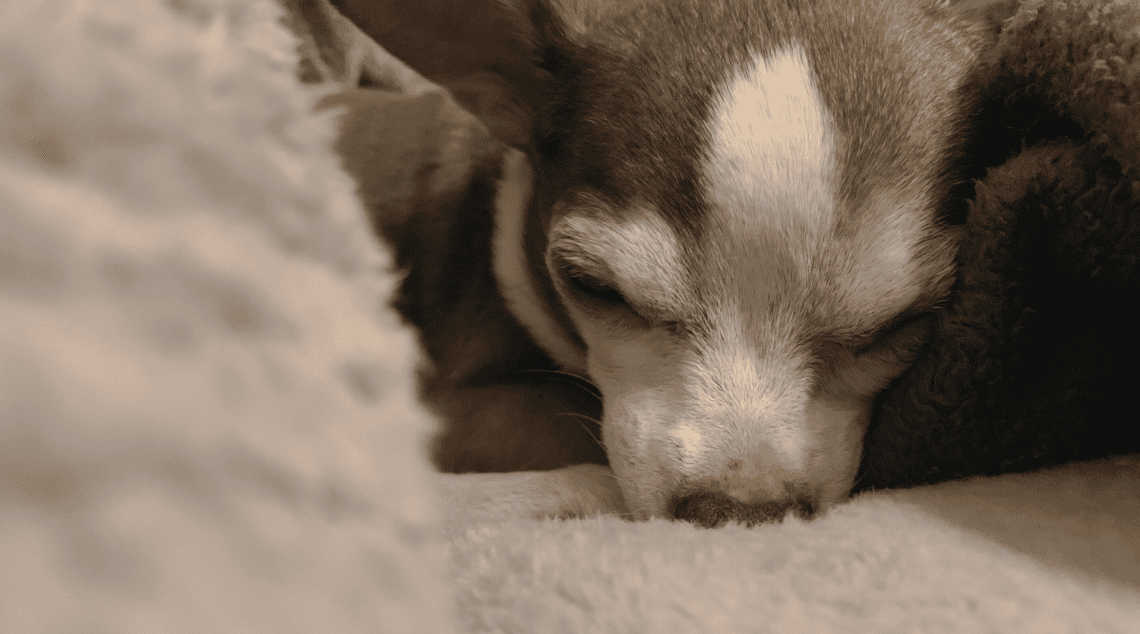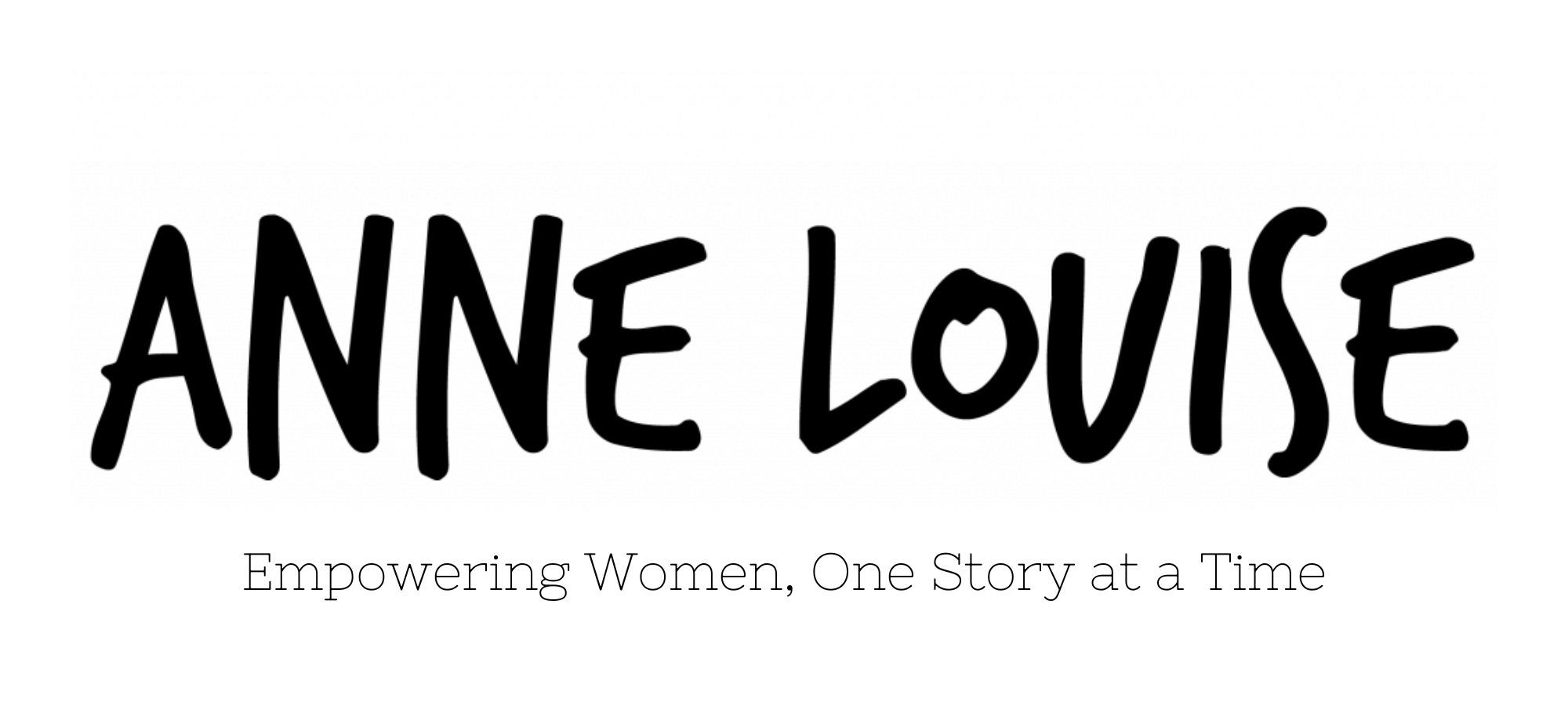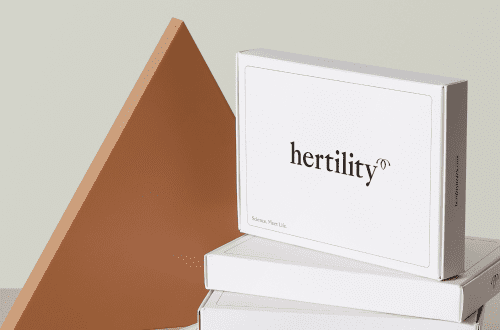
Beyond Tomorrow: My Personal Journey Living with Anticipatory Grief
Anticipatory grief is feelings of grief or loss that are felt before the loss actually happens.
We all know how much the loss of someone can impact our lives. The overwhelming sense of grief can knock us off our feet and, in turn, cause an array of health problems, both physically and mentally.
But what about dealing with anticipatory grief—the waiting for the time when you lose someone, combined with watching your loved one suffer? This isn’t just limited to human loved ones; most of us have lost a treasured pet and had to make the hard decision to end their suffering.
When you are thrown into anticipatory grief, it overwhelms you and sweeps you along like an endless rapid, tossing you this way and that with emotions. Some people have the added stress of looking after their loved one’s care and daily necessities.
Anticipatory Grief Comes A Calling

I, too, recently had to watch my beloved Chihuahua, Tiggy, go downhill so fast. One minute, he was a bubbly adult dog, barking, running around, and enjoying walks and potty time. Within the space of a few months, he declined, and now, nine months after they said he would pass away from Chronic Heart Failure, he’s fighting to stay.
I’ve become a full-time carer for this treasured pup, carrying him to potty, making sure he doesn’t fall over, hand-feeding him on his bad days, and preventing him from banging his head (he’s fully blind now and, mixed with dementia, is walking in circles and staring into space). I keep him warm and safe, all the while wondering if I’m keeping him alive for too long. But then he recognises me when I come home, kisses me, gets excited for his favorite treats, and still seeks me out for comfort during the night.
I even sought a second opinion from a different vet to make sure I wasn’t being selfish. She confirmed that I wasn’t; he was still there, just an old gentleman with health problems, like most of us get as we grow older.
She even suggested a questionnaire, which you can find here, that uses a point system to assess whether your animal’s quality of life is good or bad, to help guide you.
The consuming grief that is there daily overwhelms me. I often break down uncontrollably, especially when I see the utter confusion in his eyes at not knowing where he is.
I have gotten used to crying daily, even with happiness when he does something from his old self, like cocking his leg or managing to find his water bowl. He’s still there, showing me, “Mummy, I’m here, look at me.”
The waiting, not knowing if you will find your pet passed away, almost wishing they would so that they would be at home where they feel at peace and calm. No one wants to have to choose to end their pet’s suffering. The guilt of asking yourself, “Was it too early? Did I do the right thing? Could anything have been done further?” lives with you like a black cloud following your every movement.
You live in this endless bubble of worry, stress, and grief, trying to keep a brave face on, smiling when other people tell you about their loss and how they got another pet after a year or so.
It’s hard to even contemplate getting another dog after Tiggy; he was special, my doggy soul mate. He has been through so many ups and downs with me, seen so many changes, and been a huge part of my being. It’ll be like I’ve lost a limb when he goes; a piece of my soul will definitely die.
But I know that the pain will eventually lift just a little, enough to carry on and be me once again. And maybe down the line, a dog will find me—the next soul that needs my love and attention. To keep them safe and treat them like the absolute little angels these precious babies are.
We all just need to keep going and know that we did the best for that person, whether animal or human. We can feel a little at ease knowing we made a difference.
It’s hard, so hard, and I wouldn’t wish this feeling on anyone. But sadly, it’s a part of life, this wonderful life that allowed us to be in the presence of our loved ones, for however long their journey was.
Just know that while you are suffering, you are not alone, and even though the world is ending for you right now, the light will shine again, and warmth will fill you again. You are stronger than you can ever know. Be proud of taking the hard road and sticking by while the suffering is here.
Linsey & Tiggy – x –

Tips & Advice for Nativating Anticipatory Grief
Navigating anticipatory grief can be challenging, but there are strategies and tips that may help individuals cope during this difficult time:
- Acknowledge and Express Feelings:
- Understand that anticipatory grief is a valid and natural response to an impending loss, whether it’s a human loved one or a pet. Allow yourself to feel a range of emotions and express them openly.
- Communication is Key:
- Engage in open and honest conversations with your loved ones and your pet. Share your feelings, wishes, and concerns. Communication can provide a sense of closure and foster understanding.
- Seek Support:
- Reach out to friends, family, or support groups for both human and pet loss. Sharing your experiences with others who have gone through similar situations can provide comfort and understanding.
- Self-Care:
- Prioritise your physical and emotional well-being. Take care of yourself through proper rest, nutrition, and engaging in activities that bring you comfort. Attend to the needs of your pet, ensuring they are comfortable and loved.
- Create Meaningful Moments:
- Focus on creating positive and meaningful moments with both your human loved one and your pet. Share memories, express gratitude, and engage in activities that bring joy to everyone involved.
- Document Your Bonds:
- Take pictures, create scrapbooks, or write about your experiences with both your loved ones and pets. Capturing these moments can serve as a beautiful tribute and provide tangible reminders of the special bonds you share.
- Maintain Routine:
- Stick to routines for both your human family members and your pets. Routine can be comforting during times of change and uncertainty.
- Comfort and Care:
- Be attuned to the needs of your loved ones and pets. Provide comfort, support, and create a comfortable environment for everyone involved.
- Professional Help:
- Consider seeking the assistance of therapists, counsellors, or veterinarians specialising in grief and loss. Professional guidance can provide coping strategies and emotional support during this challenging time.
- Prepare for Practicalities:
- Address practical matters such as legal and financial concerns in advance for both human and pet loss. This can alleviate stress and allow you to focus more on the emotional aspects when the time comes.
- Involve Them in Rituals:
- Include both your human family members and pets in rituals or special activities that acknowledge the unique bonds you share with each. This might include favorite meals, treats, or meaningful ceremonies.
Remember that everyone experiences anticipatory grief differently. It’s essential to find what works best for you and to be compassionate with yourself as you navigate this challenging journey. If needed, don’t hesitate to seek professional help to support your mental and emotional well-being.
Pet Bereavement
Bluecross free and confidential Pet Bereavement Support Service (PBSS) www.bluecross.org.uk
Human Bereavement
Learn more about the grief process and gain help : www.cruse.org.uk
Please do not suffer in silence, if it gets too much please seek help. There’s lots of people going through the exact same thing and there is no shame in getting help. – x –






